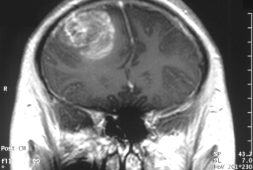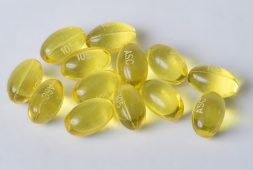8. May significantly reduce menstrual pain

Ginger (Zingiber officinale), a herb prized for its warming and pain-relieving effects, is frequently reported to treat menstrual cramps and period pain. Ginger has been reported to alleviate post-surgery nausea, ease osteoarthritis pain, and aid in the avoidance of morning sickness, among other things. According to research, substances present in ginger may aid to protect against inflammation by blocking the body’s generation of prostaglandins (a class of pro-inflammatory chemicals involved in triggering the muscle contractions that help the uterus shed its lining). Because the onset of menstrual cramps appears to be linked to an increase in prostaglandin production, it is considered that ingesting ginger as a dietary supplement or tea can help lessen period pain. Recent research suggests that ginger may be beneficial in the treatment of dysmenorrhea (the medical term for pain before or during menstruation). For example, in a 2015 paper published in Pain Medicine, researchers examined previously published trials investigating the effects of ginger in women with dysmenorrhea that was not caused by pelvic diseases such as endometriosis. The report’s authors discovered that it was more effective than a placebo in reducing pain. Another 2016 paper looked at previously published trials on the use of ginger for dysmenorrhea. Ginger was found to be more effective at reducing pain severity than a placebo. Ginger was found to be as good at reducing pain as a nonsteroidal anti-inflammatory drug (NSAID) in both tests. Furthermore, there is some evidence that ginger may aid in the control of severe menstrual flow. For example, in a 2015 clinical experiment published in Phytotherapy Research, 92 women with severe menstrual bleeding were given ginger or a placebo for three menstrual cycles. Researchers discovered that menstrual blood loss levels significantly decreased among trial participants who consumed ginger at the end of the study. While some discomfort in the abdominal, back, and thigh area is normal during menstruation, if you experience pain on a daily basis, consult your healthcare professional. Menstrual pain can sometimes indicate a problem such as uterine fibroids or endometriosis. There is evidence that ginger may help reduce menstruation discomfort that is not caused by an underlying condition. Self-care practices like massaging or placing a heating pad to your lower abdomen, limiting your salt, sugar, alcohol, and caffeine intake, adopting stress-management skills, and exercising frequently can help guard against menstrual pain. Furthermore, taking nutritional supplements containing vitamin B6, calcium, and/or magnesium may aid in the treatment of menstruation issues. According to some research, boosting your consumption of omega-3 fatty acids or taking herbs like dong quai and red raspberry leaf may help relieve menstrual pain to some extent.



